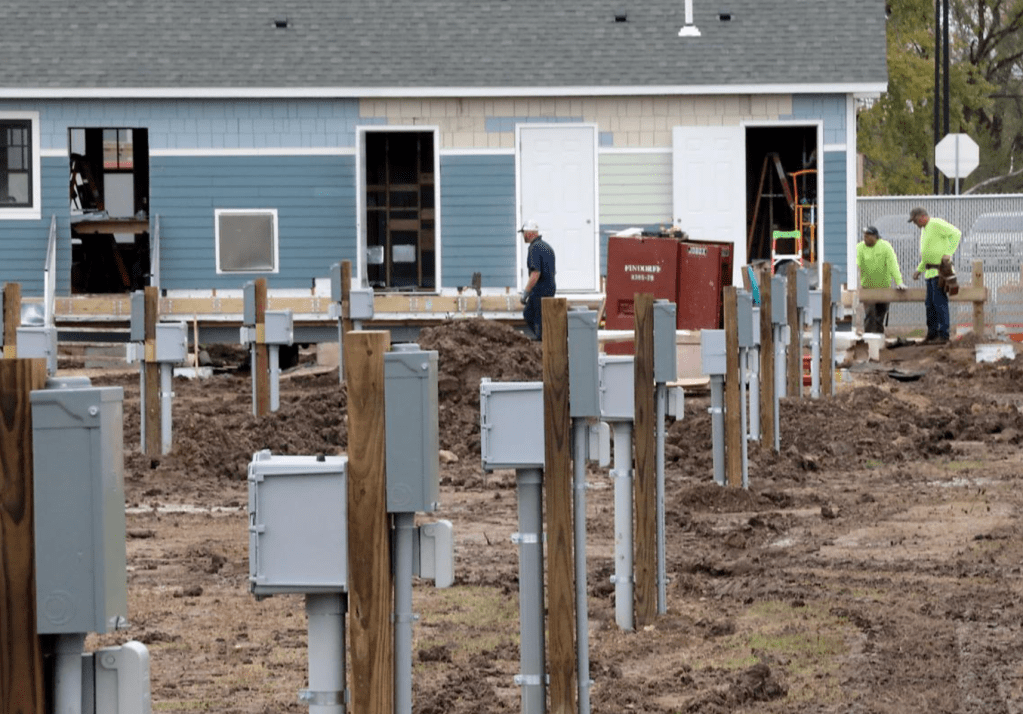The city of Madison has half the right idea on dealing with the homeless tent encampment that has sprung up during COVID. But its success will be hampered if it doesn’t follow through on the second part of what needs to be done.
First off, let’s give Mayor Satya Rhodes-Conway, the City Council and city staff the credit they deserve for what they’re doing right. They’re cleaning up the inhumane and unsightly tent city in Reindahl Park and creating a much more humane facility in a business park on the far east side.
When I first read of the plan I was skeptical. I didn’t see the point in simply providing a new site for a tent city, especially as winter approached. But that’s not what has developed. Instead, the city will be providing about 30 tiny houses, complete with heat and electricity. There will also be a common building where showers, services and presumably meals will be provided. The whole thing will be overseen by a manager. Residents will get assistance in finding permanent housing.
That all makes a lot of sense. But when I wrote about this a few months ago, I suggested that decent temporary housing with services was only half of the equation. The other half involves making living on the street or in a park simply impossible, if not just illegal. And it involves the expectation that the person getting this assistance will find a job.

Neither of those things seem to be part of this plan. In a Wisconsin State Journal article on the project city staff emphasized that no one would be forced to live there and a job requirement was not mentioned. Both things need to be addressed somehow.
While people can’t be legally forced to live anywhere, they can be legally prohibited from living in a lot of places. So, the new housing project should be accompanied by a coordinated crackdown among law enforcement, the courts and social workers on anyone living on the street. And in the long-term we need to look at the involuntary commitment laws with a view toward making it easier to force people to get the mental health services they need.
It would also be in the best interests of the homeless and of the city to require, as a condition of receiving free housing and services, that they look for a job. That should be facilitated by the city. In an economy where virtually every employer is desperate for help, there’s no reason why most homeless people shouldn’t be able to find a job that would get them out of these tiny houses and into their own places.
Along those lines, the location of the tiny house project is not ideal because it is not well served by public transportation. But maybe the city could provide taxi vouchers for commuting to jobs.
Give the city credit for coming up with half of a good idea, but I’m not at all confident they’ll do the tough things that are necessary to make the plan work.
Welcome to the 243rd consecutive day of posts here at YSDA. Thanks for reading!
Those tiny homes need solar electricity. Mucho funds available. Contact me for more info.
LikeLike